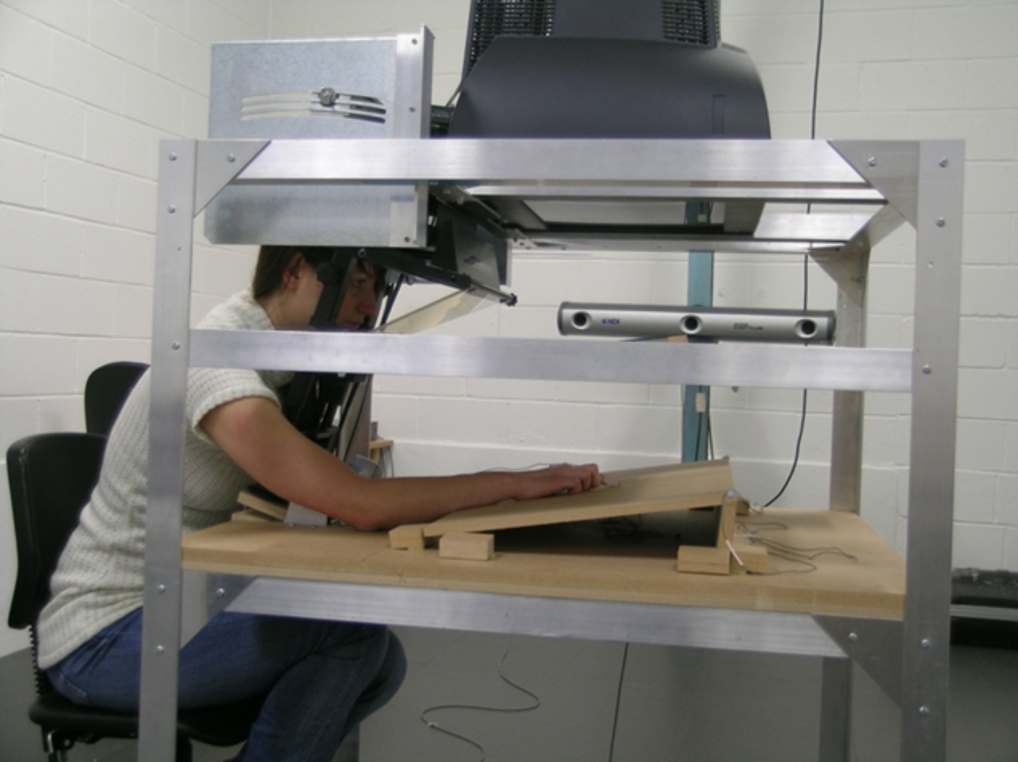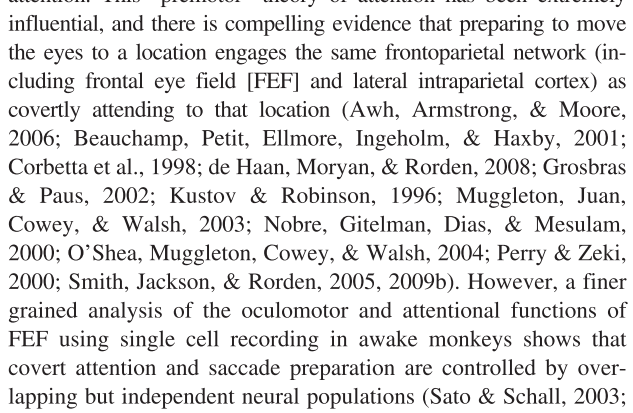The world of academia can be great for several reasons. There are many benefits, from the loftier goals of advancing human knowledge to the variety that academic roles provide. There is of course also academia’s much vaunted flexibility.
While this is all arguably true, I found myself comparing it to a partner you like but not love: perhaps one should not dedicate one’s own life to it, and part as friends. Not only that, but academia does not have a monopoly on the above perks.
Despite the glut of PhD students compared to the number of temporary academic positions (let alone permanent positions), university departments tend not to emphasise alternative career paths. And yet PhDs do end up elsewhere, sometimes carrying out research in industry (as strongly recommended by this post), but also to more disparate careers. While I do not want to knock academia as I see its value, what I do want is to offer an account of how my own transition took place, and how my research background has helped me. I will also cover some things I have had to unlearn. In doing so I hope to get some current PhD students thinking about their options, and realising that they are not as limited as they might think.
My own transition from academia
My stint in academia was not a particularly long one, consisting primarily of a position as a research assistant and then a PhD itself. My research was in experimental cognitive neuroscience, with a focus on how visual attention and movement planning and execution are linked. In practice this meant running eye- and motion-tracking experiments in basements with no windows. On the ‘bright’ side, I was at the University of Edinburgh in Scotland, so I was not missing out on much sun.

Fun as it was (and it actually was), towards the end of my PhD I did decide it was time to try something different, not least because of the career prospects mentioned above. If I could directly leverage what I had done, even better. I did some research on my own, spoke with different people, and I thought the world of UX research seemed like an appealing next step. I was also lucky enough to get a taste of it through an internship program specifically designed for PhD students run by the university.
Although user experience (UX) permeates everything, I was particularly interested in it in the context of software development, and thought it would be good to see how the sausage (i.e. software) is made. With this in mind, during the last months of my PhD, and following the internship, I got a part-time job as a QA tester in a software company.

This turned out to be very serendipitous. Due to the company’s relatively small size, it was a great environment to learn and be involved in different aspects of the business. Not only that, but there was also room for growth, and I was offered to be the company’s first product manager. Despite initially not being quite aware of what the role would entail and the steep learning curve that followed, it’s the role I am still in five years later, and I consider myself more than a little lucky.
But lucky only to a point. I am sure that if I had not ended up in product management, I would have found another role which also would have been engaging and rewarding (though don’t ask me what it would have been). There are more opportunities out there than one can possibly be aware of, but you need to expose yourself to the different options first. And the skills and perspective which you may take for granted will still be relevant and help you.
About those transferable skills
Before embarking on the final section of this post, a small disclaimer. The next section does not imply that those from a non-academic background do not have the upcoming skills, and on the contrary, some will have these skills in spades. The point is to emphasise that as a PhD candidate so do you. Furthermore, this is of course based on my own experience, and other experiences vary.
With that out of the way, below are some things from my PhD which I think have been of use, as well as some words of warning (WoWs).
Writing
They say practice makes perfect (although I prefer to say ‘better’), and if there is something you will get to practice often, it is writing. You will have covered a range of formats and word counts, and written a varying number of papers, proposals, and at least one thesis. Not only that, but you will also be in the habit of adding references to your claims and statements. Revisiting your old experiments for which you had already clearly written up the method and analysis, versus the experiments for which you had not, serves as a powerful lesson. Writing up my first experiment in my thesis caused me a lot more work than the ones that followed.
As a product manager you will have to write your fair share of documentation, design proposals, release notes and lots and lots of tickets. Just as for your doctoral work, the time will come that you documented how a particular feature works (or at least was supposed to work). What is even better, this time the rest of your team can benefit from your documentation as well!
WoW: Documentation and tickets have a much more limited shelf-life than journal articles, so adjust the amount of time spent writing accordingly. Let’s face it, the documentation for a new feature is out of date as soon as the first bug is found, so accept that what you write will be useful, but will also be out of date soon after it’s written. Also, though references are useful, use them more sparingly.

Tutoring
Even though marking always takes longer than guidelines recommend, tutoring was a great experience. It helps you develop skills in text editing, giving helpful feedback, running tutorial sessions, but also actually teaching students the subject matter.
As a product manager, I have found these useful in running and facilitating knowledge sharing sessions, running retrospectives, and collaborating on briefs.
WoW: Whereas the course material will be the same for a particular year group, all of whom have the same aim to pass their exams (with admittedly a wide range of dedication), you will have to do more tailoring of the material for the different stakeholders, who will have overlapping but diverging interests.
Analytical skills
Trying to define what a analytical skills are could probably take multiple posts, l will not dwell on it too much here. However you will be keen to understand ‘what is going on’, and you will use data to find out (be it qualitative, quantitative or both).
One of the key responsibilities of a product manager is to drive and own the prioritisation of the issues you and your team are trying to address. Understanding the problems your users are experiencing and why are a key requirement for doing so. Note that this should ideally still be a collaborative process, and a product manager should not be the sole determinant of what gets worked on next (see here for a great and nuanced post on the subject). A data-driven approach will help you leave your ego at the door and find the best solutions as a team.
WoW: Do not wait to understand the problem perfectly before implementing a solution, or knowing exactly which issue to prioritise next. The data one has at hand will typically not be of the level that you would have for a peer reviewed journal, but do not wait for that to be the case to take action (feel free to insert a zinger about the replication crisis here). You will need to move faster than you might be used to.
Working independently
As a PhD student you do your own work. You study the literature, design, build, and run the experiments, do the data analysis and put it all together. There is of course some support and assistance, but you own all of the work. You will not have done most of this before, so you are used to learning by doing, and lots and lots of Google-ing. You will have practice in learning new tools and techniques as you go, and will be relatively self-sufficient. This is grand, but I would argue that it is probably the transferable skill with possibly the highest transition cost.
WoW: After being self-reliant for so long, you may have forgotten what it is like to work with others. On the one hand you might be surprised at how much more you can achieve as a team, but on the other hand, it can take some getting used to having to rely on others for things, either because you do not have the required skills or the time. Although the team of people you work with will colour the experience a lot, with the right people it can be way more rewarding, and your own impact will be magnified by your colleagues.
Whatever it was your PhD was in
Whatever your topic of research, by the end of your thesis you will be among the most knowledgeable people on the subject, and even if you move to something very distinct, chances are that you will be able to draw parallels with what you may transition into. You will also have become experienced in whichever research methodology you used during your studies.
In my case, a background in studying how the brain perceives and responds to stimuli has been helpful when trying to implement more fluid user flows and intuitive user interfaces. What has been more useful is the exposure to experimental techniques and data analysis. You learn to try and listen to your users (while not asking too many leading questions), while also understanding that what users say and what users do are two overlapping but separate things. (In case you forget this, you will be reminded of this any time you build a feature for a prospect who requested it, but still ended up not buying the solution.) Running usability sessions and customer interviews is similar to booking participants and running one’s experiment.
As a final point, I currently work at a company that focuses on revenue analytics for SaaS companies, where having had to clean up and process my own data has been very helpful indeed. This was less pertinent for the preceding company, but you never know when a certain experience will become relevant!
WoW: At the end of the day, the work will be different and there will be plenty of new things to learn. You will have to apply your previous skills in a different way and to a different degree. Do not worry, they are good ones to build upon.
Tying it all together
The point of this post has neither been to dis academia or to praise PhDs. It is instead to point out that if you are in the process of completing a doctorate, you have more options than you may realise. And since the skills you have acquired will undoubtedly help you elsewhere, there is no need to stay in academia due to the sunk cost fallacy. You may stay or go – the choice is yours!
Leave a Reply to Barry Cancel reply